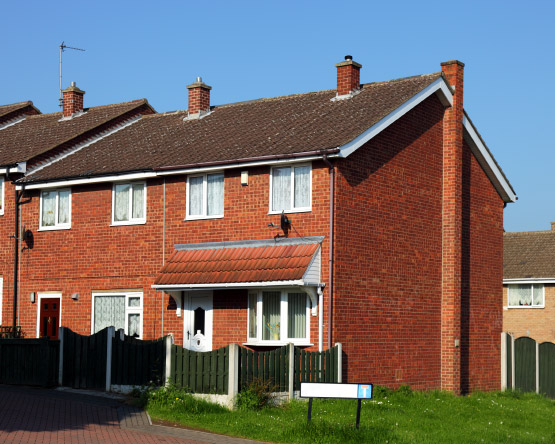Decent Homes Standard Consultation Released for Private Rented Sector
The government’s ‘A fairer private rented sector’ white paper, released in June of this year, established a long-term vision for England’s private rented sector (PRS), with plans set out to reform and better the quality of the country’s private rented housing.
At a high level the government aims to deliver:
- safe and decent homes
- improved compliance and robust enforcement through a new property portal
- increased stability and security within PRS
- improved dispute resolution
- an overall positive renting experience
It is estimated that more than 2.8 million people are currently living in damp, dangerous, cold homes, powerless to put things right, and with the threat of sudden eviction hanging over them.
The Decent Homes Standard forms a big part of the Government’s pledge to level up the quality of housing in England. It is a standard which was introduced to the the social rented sector over 20 years ago, but at present there is no requirement for it in the private rented sector. This is something that the government is keen to change.
What is the Decent Homes Standard?
The Decent Homes Standard is a regulatory standard which has been used within England Social Rented Sector since 2001 (2004 for Northern Ireland). The standard was put in place to ensure that all social housing meets set standards of ‘decency’. This means that a social home must be free from the most serious health and
safety hazards, don’t fall into disrepair, and must have clean, appropriate, and useable facilities.

The Government is now proposing to introduce a legally binding Decent Homes Standard in England’s Private Rented Sector for the first time. This will contribute to their aim of halving the number of ‘non-decent homes’ across all rented tenures by 2030, with the biggest improvements to be made in the lowest performing areas.
The Decent Homes Standard in the private rented sector: consultation, was released on the 2nd September and is currently open to response from landlords, tenants and other professionals operating in the sector.
According to the consultation document, the standard will be broadly consistent with the existing standard in the social rented sector but includes adjustments to reflect the specific circumstances of the private rented sector- this includes reflecting the existing requirement to meet minimum energy efficiency standards in the private rented sector.
What is considered a ‘decent’ home in the private rented sector?
A decent home in the PRS must meet all of the following four criteria in order to meet the Decent Homes Standard:
- It must meet the current statutory minimum standard for housing
- It must be in a reasonable state of repair
- It must have reasonable facilities and services; and
- It must provide a reasonable degree of thermal comfort
When looking into point 4 (reasonable degree of thermal comfort), This means that a dwelling must have efficient heating which is defined as:
- any gas or oil programmable central heating; or
- electric storage heaters; or
- warm air systems; or
- underfloor systems; or
- programmable LPG/solid fuel central heating; or
- similarly efficient heating systems.

Elmhurst's Thoughts
Elmhurst believes that the Energy Performance Certificate (EPC) should play a role in the Decent Homes Standard, as it currently does for the Minimum Energy Efficiency Standards (MEES). It provides the tenant with vital information about energy efficiency including what heating system they have and how to improve the properties energy efficiency. This has major benefits to fuel poverty, fuel security and helping the environment. Simply having “efficiency heating” does not solve the issue and go far enough.
Existing Dwellings Manager, Damien Roberts (pictured), says: “This is good news for the energy assessment industry and whilst it is not the conclusion to the MEES consultation it appears to show the direction government are heading. It is imperative that households are moved out of fuel poverty, homes are made more comfy to live in and the emissions are eliminated”.
Decent Homes Standard Consultation: https://www.gov.uk/government/consultations/a-decent-homes-standard-in-the-private-rented-sector-consultation/a-decent-homes-standard-in-the-private-rented-sector-consultation
Consultation Deadline: 14th October 2022
A fairer private rented sector policy paper: https://www.gov.uk/government/publications/a-fairer-private-rented-sector
